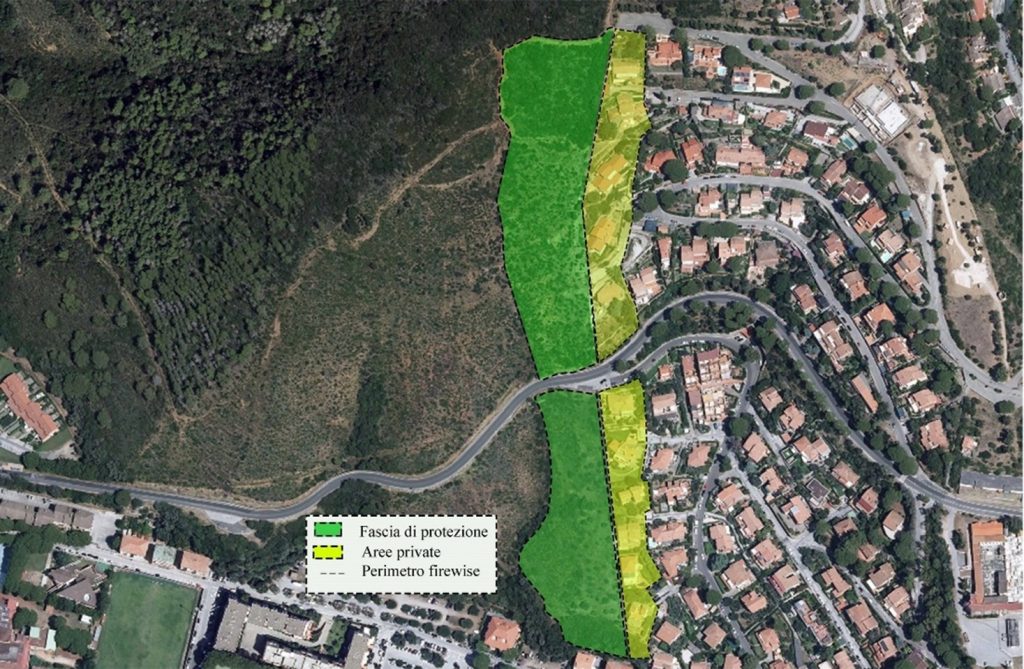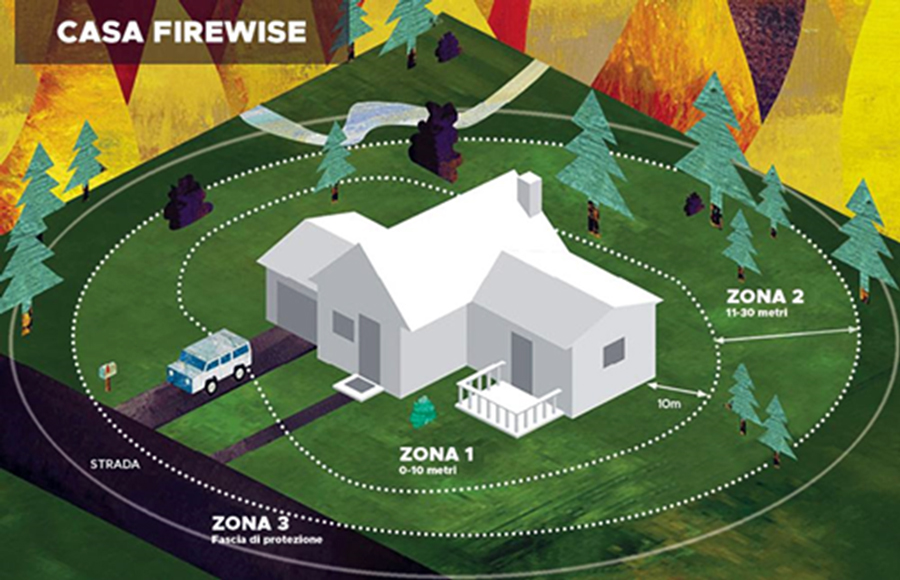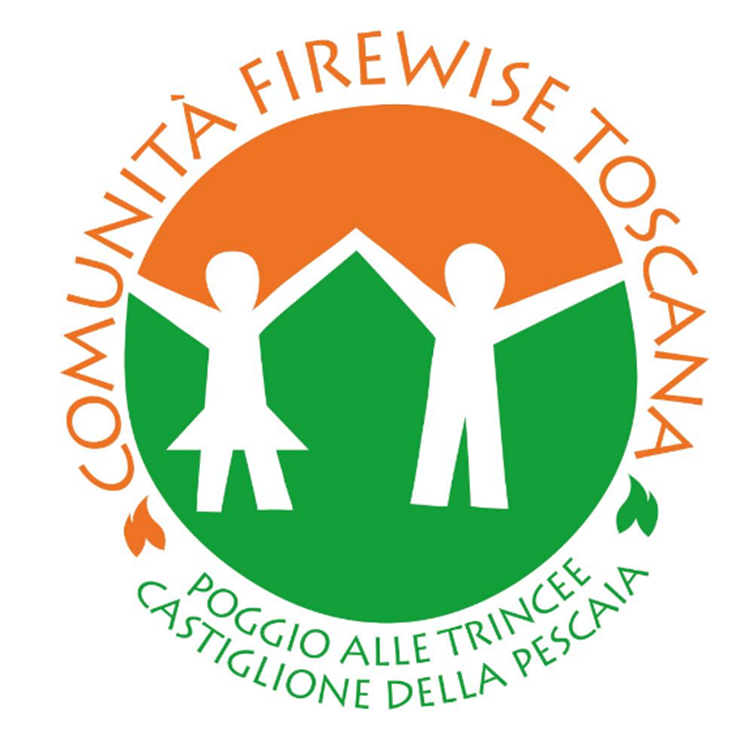
The FireWise communities are an inspiring example of good practices applied in the Mediterranean context that help us defend ourselves against the consequences of forest fires. These practices are being documented by the ResAlliance project to promote knowledge exchange across the region.
When a house, a garden, or private land burns down, it is not just property that burns. What goes away are the daily lives of entire families and communities, which subsequently have to try to get back on their feet with great difficulty and after a long time. All this happens every time a forest fire breaks out.
The European project ResAlliance is collecting good practices to improve land resilience in the context of the Mediterranean basin, especially those necessary to deal with the consequences of climate change, such as prolonged periods of drought and forest fires. These include those related to the increase in the number and intensity of forest fires, which are increasingly frequent and intense and with whose risk we must learn to live with now, not ‘tomorrow’.
Among the many good practices also related to forest fire prevention that the ResAlliance project is collecting from all over the Mediterranean area is the case of the “Firewise Communities” implemented in Tuscany (Italy). For some years now, cooperation between private individuals and local authorities in areas at high risk of forest fires has been successful. But what is it?

The concept of Firewise Communities was defined by the American NFPA association: through a protocol agreed upon between private citizens and local public entities, fire prevention works are planned around properties; the owners take care of decreasing the vegetation load around the structures within a radius of about 30 metres, while the local entity plans and implements the protection strip in the surrounding wooded area. The cardinal principle is risk sharing between the resident population and the emergency service authorities: to prevent a possible forest fire from damaging or destroying homes, but also to prevent human activities in the interface area from contributing to the risk of forest fires spreading from inhabited areas.
Through Firewise, people become active participants in the fight against forest fires: around their own structures/factories they create and maintain strips with a lower density of vegetation to reduce the effects of fire.
The Firewise Community enables people living in or near forests to learn the best way to protect the forest heritage and teaches correct behaviour in the event of a fire. Thus, work is done to avert fire, but at the same time to be ready, in any case, to deal with it while limiting the consequences to a minimum. While the safe maintenance of the defensive spaces around the dwellings is, therefore, the responsibility of individual citizens, the buffer zone in the wooded area adjacent to the inhabited areas is planned, implemented, and then maintained every year by the local forest authority.

What is the cost to citizens? Zero. What are the benefits? Numerous! Through the establishment of Firewise, residents in that area find their property protected from forest fires, without having to apply for forestry work and avoiding the costs of planning and execution of the work. Thus, by guaranteeing the maintenance of what was done in the beginning, the regional administration issues the official Firewise community certificate, which certifies the residents’ property as part of a community protected from forest fires. In addition to ensuring effective prevention in the immediate future, this can also lead to an increase in the economic value of the property, a factor currently being studied by insurance companies.
For this and other good practices of resilience and adaptation collected by the ResAlliance project, we recommend following what will soon be published on the project website!
This article was originally written by:
D.R.E.Am. Italia team
The post Protecting your home from forest fires at zero cost: saving forests and money appeared first on Resilience Blog.